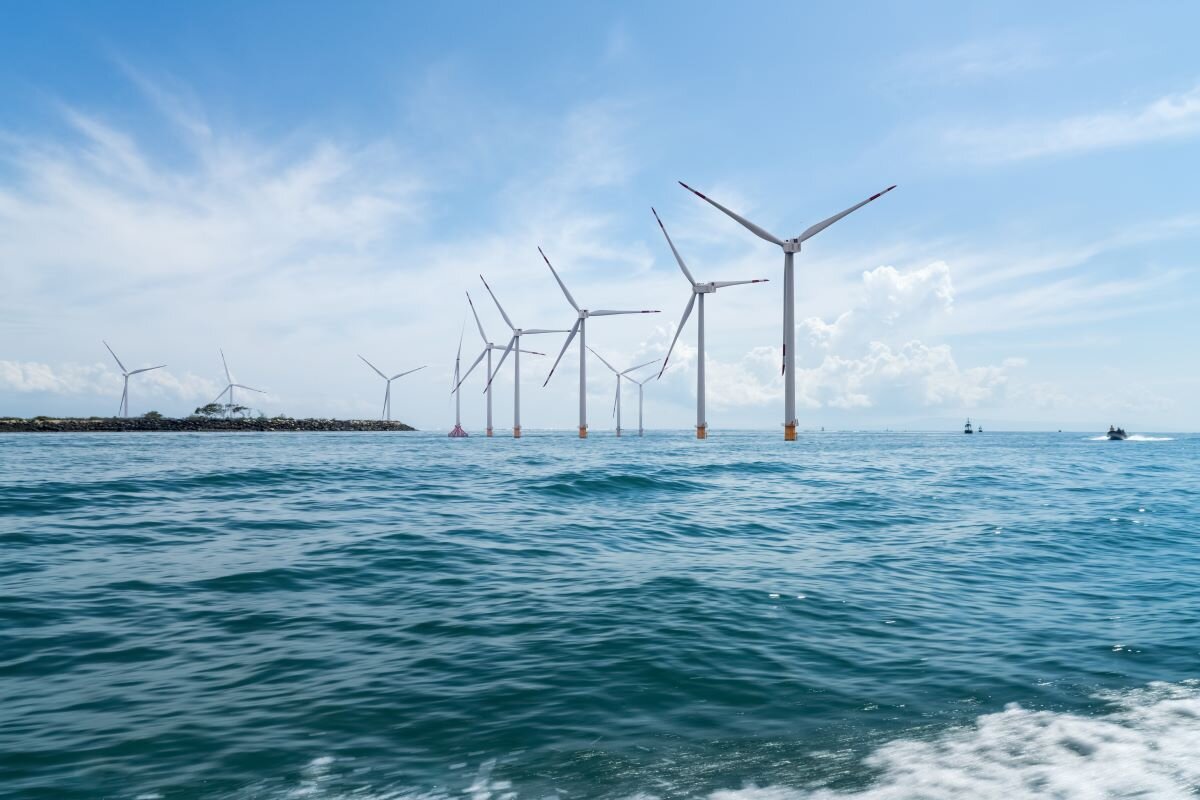At COP26 in Glasgow, the German government signed the Statement on International Public Support for the Clean Energy Transition, calling on signatories to end the financing of unabated fossil fuels abroad through public funds by the end of 2022. At the same time, green investments should be significantly scaled up in order to drive forward the energy transition, especially in emerging and developing countries. This briefing considers the implications for German foreign policy, and lays out policy recommendations and next steps for the German government to set in motion their support for the clean energy transition.
Policy recommendations
- Develop a German position paper that applies to all of Germany’s foreign trade promotion and development financing and, in line with the COP26 Declaration, strategically promotes renewable energies and comprehensively excludes fossil fuels.
- Strengthen the COP26 Clean Energy Transition Statement as part of Germany’s climate diplomacy, especially at EU level and the G7 Presidency to broaden the support of the international community through further signatories and shifting the focus on investments in renewable energy systems.
- Maintaining credibility vis-à-vis international partners by advocating at EU level for a coherent exclusion of fossil fuels in climate-relevant processes (taxonomy, TEN-E Regulation).
- Anchor the ambition of the Statement and the German position within state-owned entities KfW and GIZ, as well as EulerHermes. Furthermore, the position must be reflected in the German government’s engagement within multilateral development banks (MDBs) and within the OECD.
- Send a political signal to developing countries and emerging economies that Germany and industrial partner countries are prioritising the energy transition in the Global South through concessional loans and technology transfers. The statement is about reallocating investments from fossil energy sources to renewable energy systems, not cancelling them without replacement.


